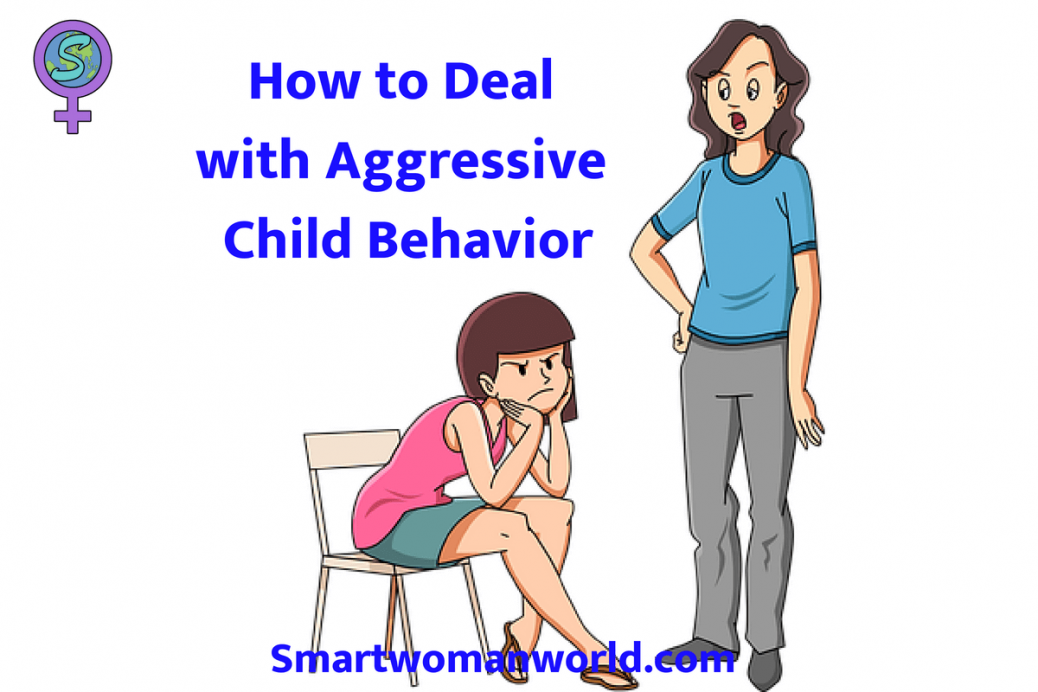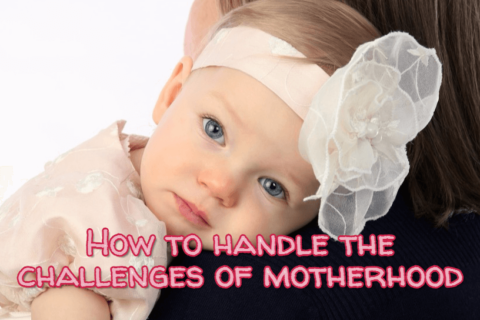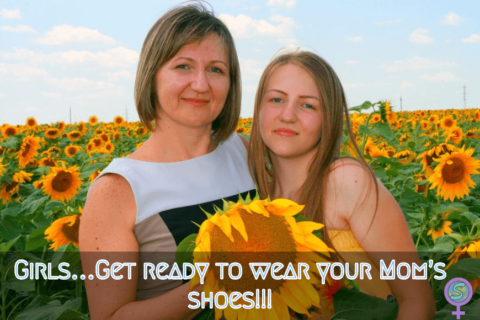Parenting has become very challenging these days. Many parents struggle with disciplining their children. These days parents are faced with an aggressive behaviour in children. Often we see aggressive behaviour in toddlers. In this post, we show parents How to Deal with Aggressive Child Behavior.
Aggression and violence in children are the symptoms of different underlying problems. First of all, let us understand what aggression is all about. Here are some key observations.
- Children who often have mood issues.
Often children have moods, which keep changing quickly. They become aggressive when they lose their self-control and become impulsive. Whenever they are irritable they tend to behave in an aggressive manner.
- Frustration in children.
Normal children get frustrated with things around them. Further children who suffer from a medical condition are not able to express themselves and get stressed out, leading to aggression and violence. For e.g ADHD.
- Children don’t think of the consequences.
Children are immature and do not understand the consequences of their behaviour and at times behave in an aggressive manner. Many times they regret their behaviour and repent for it.
How to Deal with Aggressive Child Behavior –
Let us look at the top tips for handling aggressive behaviour in children.
1. Set firm boundaries and limits.
This is one of the key things that needs to be instilled in children. They should be clearly aware of what behaviour is permissible and what is not permissible. Everyone in the family should be aware of these rules. A child who constantly hits, kicks or bites should be appropriately disciplined immediately. Do not think that your child is too small to be disciplined. This will help the child understand what is right and what is wrong. Children are great observers.
2. Encourage your children to use words instead of hands.
As said above, children are great observers. Therefore it is important to portray your behaviour in the same way that you would like them to behave. Encourage your children to communicate with each other. Tell them that raising a hand or hitting each other is unacceptable. Using other methods of speaking and expressing their anger is always acceptable.
3. Do not spank them or use physical violence.
It is important for parents to respond to anger and aggression in a supportive way. A child who is spanked or physically punished begins to believe that physical violence is the correct way to handle people when you do not like their behaviour.
Physical punishment will reinforce the aggression in children. Love is an integral part of parenting. When your child is upset and loses his/her self-control, it is time to approach them firmly but without shaming or punishing them. We need to help them to calm down and behave according to the social rules.
4.Teach them self-control and help them to deal with anger.
We adults also lose our self-control and so it is possible to understand aggression in children. These days we see aggressive behaviour in toddlers, aggressive behaviour in adolescence teenagers etc. Children do not have an inherent ability to control themselves. They need to be taught not to kick, push or hit each other.
Guide your children to control their emotions and actions. Teach them by resolving conflicts in a peaceful manner. In this way, they will learn to keep their emotions and actions in control.
Avoid encouraging aggressive behaviour in boys by saying that boys need to be tough. This will reinforce child aggression in them.
5. Identify the reasons for aggression.
It is important to identify the reasons for aggressive behaviour in children. If a child’s aggression is often directed towards a particular parent, then it is important to understand that you might be exercising too much control over your child. Start giving your child some power to take age-appropriate decisions.
In other cases, if the child is aggressive towards other children, it means that they are unable to express their feelings and feel helpless and resort to aggression to get things done.
Try to understand their feelings but do not accept their bad behaviour.
There is a difference between understanding their feelings and not accepting their bad behaviour. When children are angry, acknowledge their feelings by saying, you look really upset, what happened etc? But remember, just because they are upset, it does not mean that you will support their aggressive behaviour.
Empathize with them by showing compassion without giving into the child’s demands. You can ask them to cool down in another room or hug them. The child will understand that it is fine to get angry but not physically harm anyone. Further, they will start trusting you more and depend more on your love.
Humour is a great form of diffusing tension. You can smile or say something humorous to diffuse the tension. Laughter will help them to relax and you can then peacefully talk to them.
6. Control Your Anger.
It is important for parents to behave appropriately and express their anger in a reasonable way. You cannot expect your child to be peaceful if you, yourself lose your temper very easily. In tough situations, handle things peacefully as responding aggressively will only escalate the situation. Do not try to intimidate, name-call, threaten etc., as it will not work.
7. Allow your child to cool off and teach your child to respond appropriately.
Allow your child to cool and calm down. This will make the process of explaining to them their bad behaviour easier. Explain to them why their behaviour is not acceptable. Teach them empathy by showing consideration to the affected person. Let them understand how it feels to get hurt.
Hope you have enjoyed reading this article on How to Deal with Aggressive Child Behavior. For more similar articles, please subscribe to our youtube channel.
Tags: How to Deal with Aggressive Child Behavior



